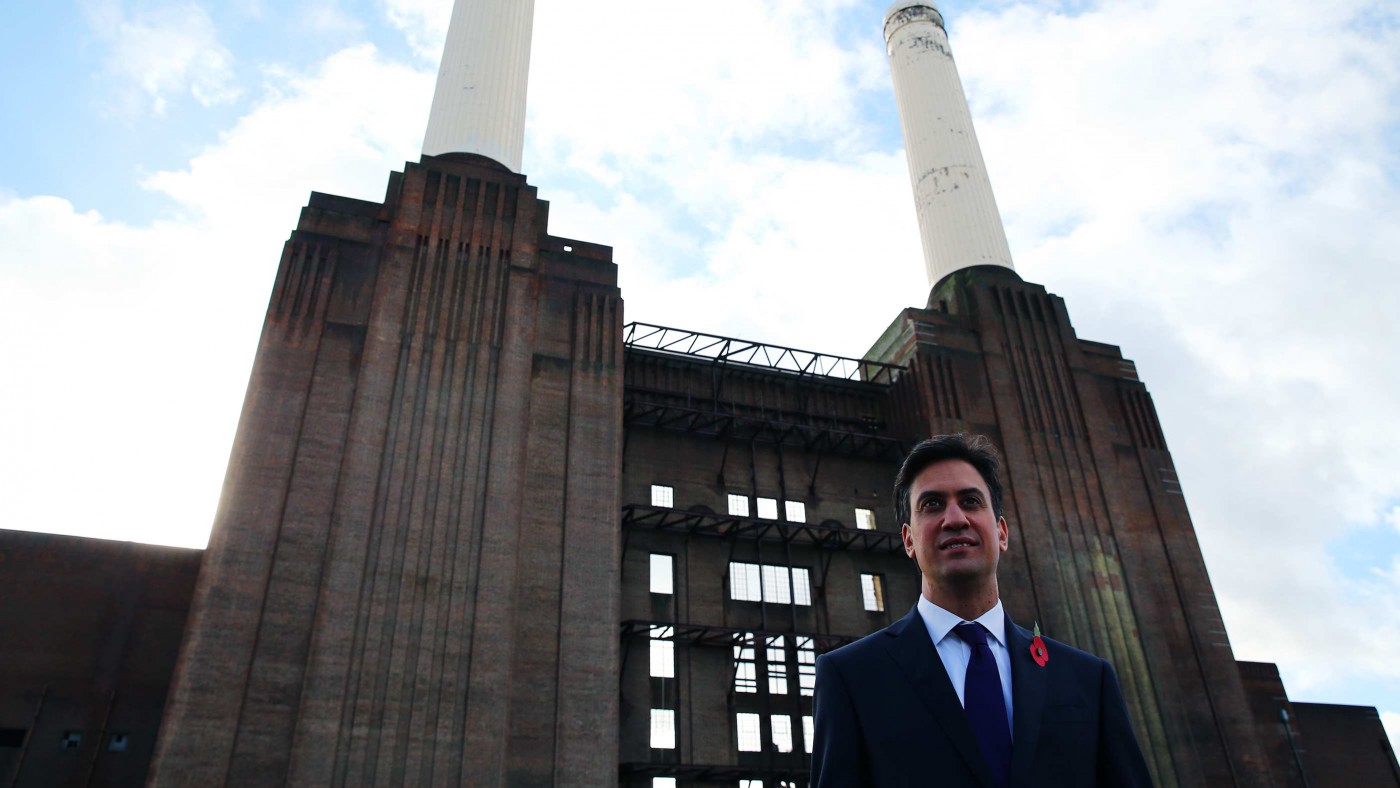The leader of the opposition in Britain used to have a little routine he went through whenever an opponent said anything he disagreed with. He would shake his head slowly, as though the gesture was being undertaken more in sorrow than in anger, and then slowly he would utter the dreaded phrase: “He… just… doesn’t… geddit.”
The implication was that Ed was the down to earth guy who understood the experiences of the man and woman in the street, and the other guy (usually Tory leader David Cameron or his friend the Chancellor George Osborne) was a cosseted, pampered poltroon with no sympathy for the supposedly downtrodden population.
Miliband used his “he doesn’t geddit” formulation a lot when he was pushing what he termed “the cost of living crisis”. This referred to the squeeze on household budgets as Britons suffered the combined impact of non-existent or low wage growth and high prices. High energy costs were Miliband’s biggest target. He put his demand for a price-fix at the centre of his bid for power in May’s general election.
But whoops, what’s this? In markets, prices can go down as well as up. Who knew? Obviously not Ed Miliband.
The government trying to fix energy prices and distorting the market was always a daft idea. Now the collapse in the price of oil – and low inflation and deflation – has punched a hole in the Miliband’s already rather threadbare prospectus. Household energy bills are falling. Thank goodness Ed wasn’t in power to fix them at the higher levels of last year.
This episode is on one level highly amusing and Guido Fawkes has led the way in brilliantly lampooning the Labour’s leadership’s pitiful attempts to claim, implausibly, that he proposed a price cap rather than a freeze.
On another level, Miliband’s price-fixing fandango is deeply worrying for what it reveals or confirms about his world view and his assumptions about the role of government.
Two politicians in the UK have been caught out badly in the last year by the oil price shift. Miliband and Alex Salmond, the SNP leader who predicated his plans for an independent Scotland on oil at $113 a barrel. If Scotland had voted for separation it would now be facing a huge black hole in its finances. But Salmond the inveterate gambler was just taking a punt to get himself through the independence referendum.
Miliband’s miscalculation is even worse. In a few months, if the polls stay as they are now, he could be Prime Minister. Yet here is someone who believes in failed old-fashioned price-fixing and was prepared to implement it when historical evidence suggests it is a disastrous approach.
If this man wins power and is faced with an unexpected development in the economy, or a crisis or an opportunity, it is clear that Miliband’s response will be to ask how the government can impose a solution or micro-manage the market.
And that is it really. Miliband’s whole outlook is extremely statist. He struggles to understand private enterprise and how wealth is created. He is for big government. His assumptions are very left-wing. His hero – really – is Tony Benn. Miliband is far from stupid in other respects but when it comes to markets and how open competition enables a more efficient allocation of resources and drives prosperity, well, he “just doesn’t geddit.”


